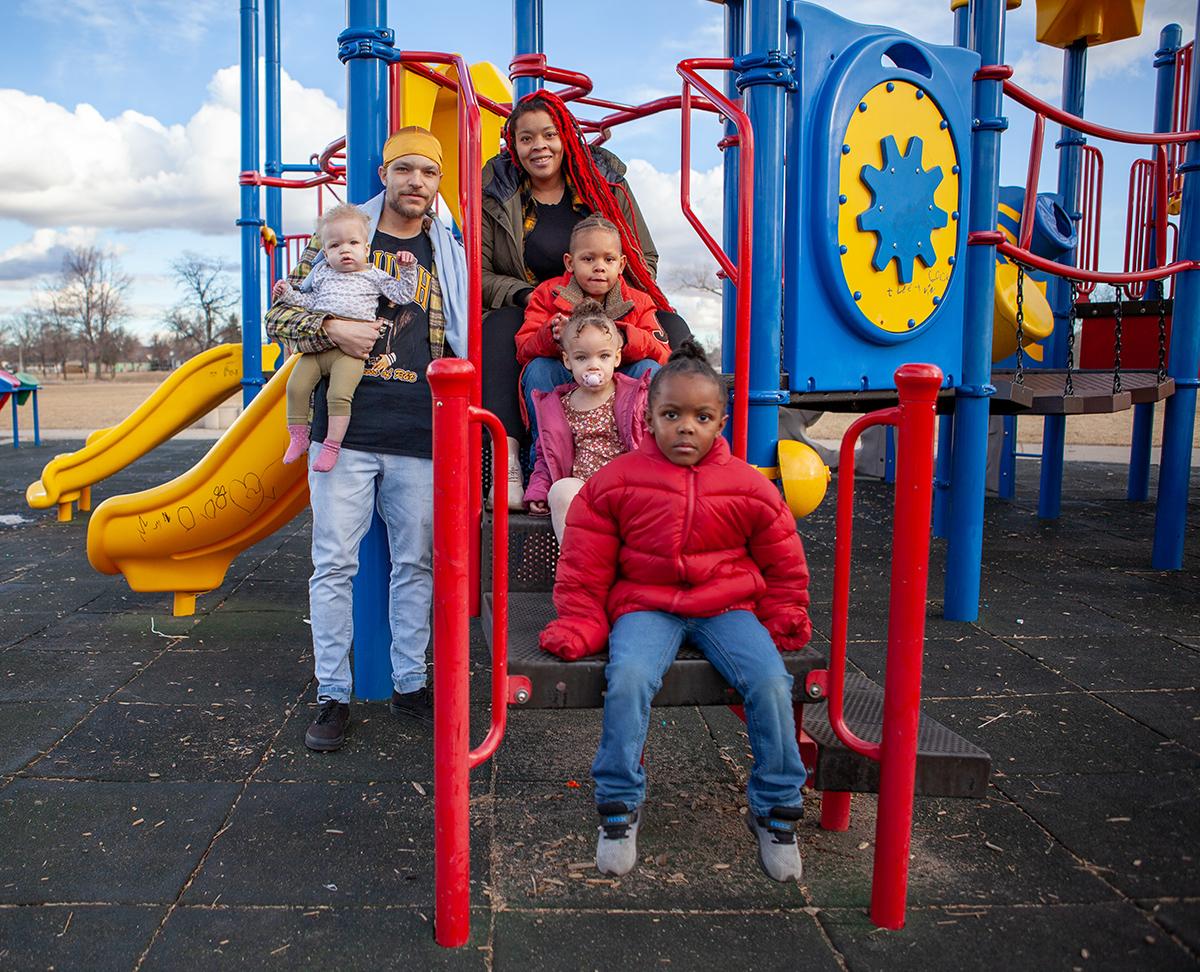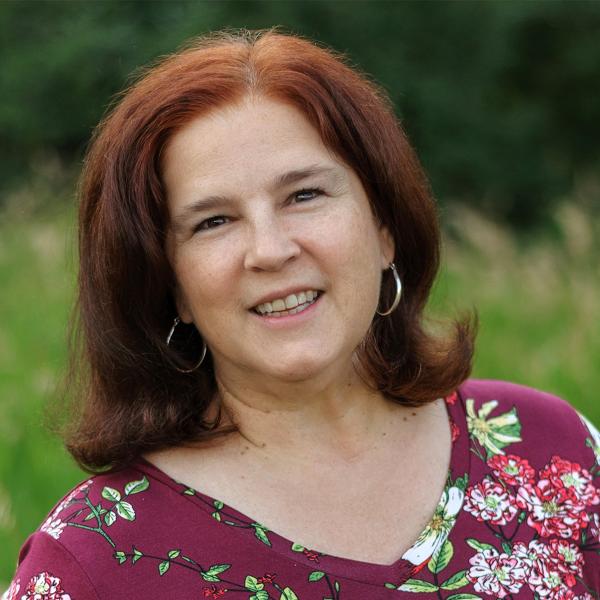Statewide, 7.1% of Coloradans worried that they wouldn’t have a stable place to live in the next two months, according to the 2023 Colorado Health Access Survey. Charlie’s story shows how the survey probably understates the scope of the problem. The survey uses address-based sampling, so it does not reach people experiencing homelessness.
Even with full-time employment, Charlie relies on assistance to make ends meet. In 2022, a case worker recommended she apply to the Denver Basic Income Project, a 12-month research program that provides cash to unhoused people in Denver. Charlie was accepted, and the extra $1,000 monthly income allowed her to find safe, stable housing.
But last fall as the end of the basic income program drew near, Charlie’s anxiety and stress rose dramatically. Losing that income meant she had to find another place to live. She applied for and was accepted into a housing subsidy program and is looking for a place to live.
She appreciates the assistance, but the whole process is stressful. “The problem is you still have to find the home and come up with [the security deposit] on your own, which is usually the first month’s rent. And you only have a certain amount of time. So, it is still a huge stressor … to do all that between working and taking care of kids.”
In the meantime, the Salvation Army is paying for her family to stay in a hotel and will cover the cost of the security deposit to help her through this transition.
And Charlie just learned that the basic income project is extending its program for some current participants, which will provide six more months of payments. This kind of assistance gives her hope.
“Before, I was robbing Peter to pay Paul. There was no end in sight to the turmoil I was going through.” But with basic income payments and other help, “I don’t feel discouraged by finances anymore. I have a can-do attitude about it; I have a more optimistic attitude about the future.”
Charlie has applied at Red Rocks Community College and will start taking classes to become a lead teacher. Eventually she would like to work in an administrative role.
“I know it seems crazy, but I dream about having a routine, being able to go to work, come home, cook dinner, take time at the table to do homework with my kids, and then go in the backyard and throw a ball together.”
“I just want to feel like I’m part of society again — that I can be the best version of myself. So it’s nice to know that I can finally start living, not only for myself, but for my kids too.”


